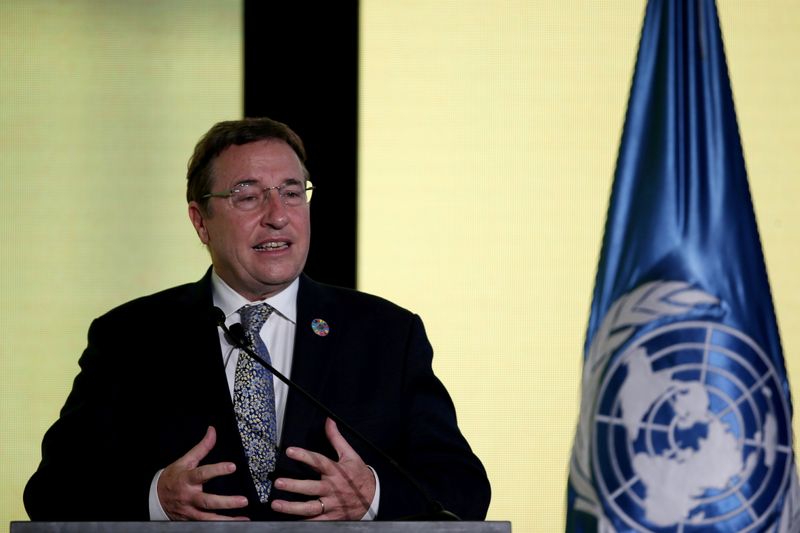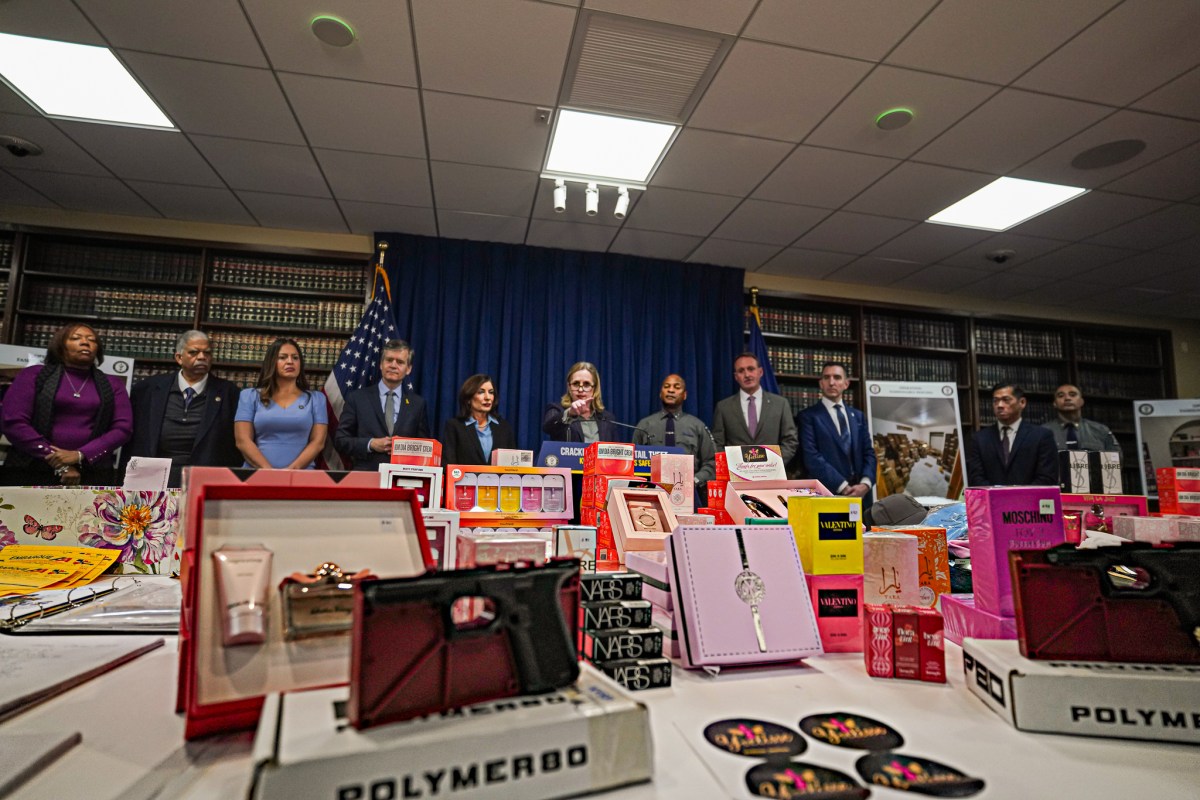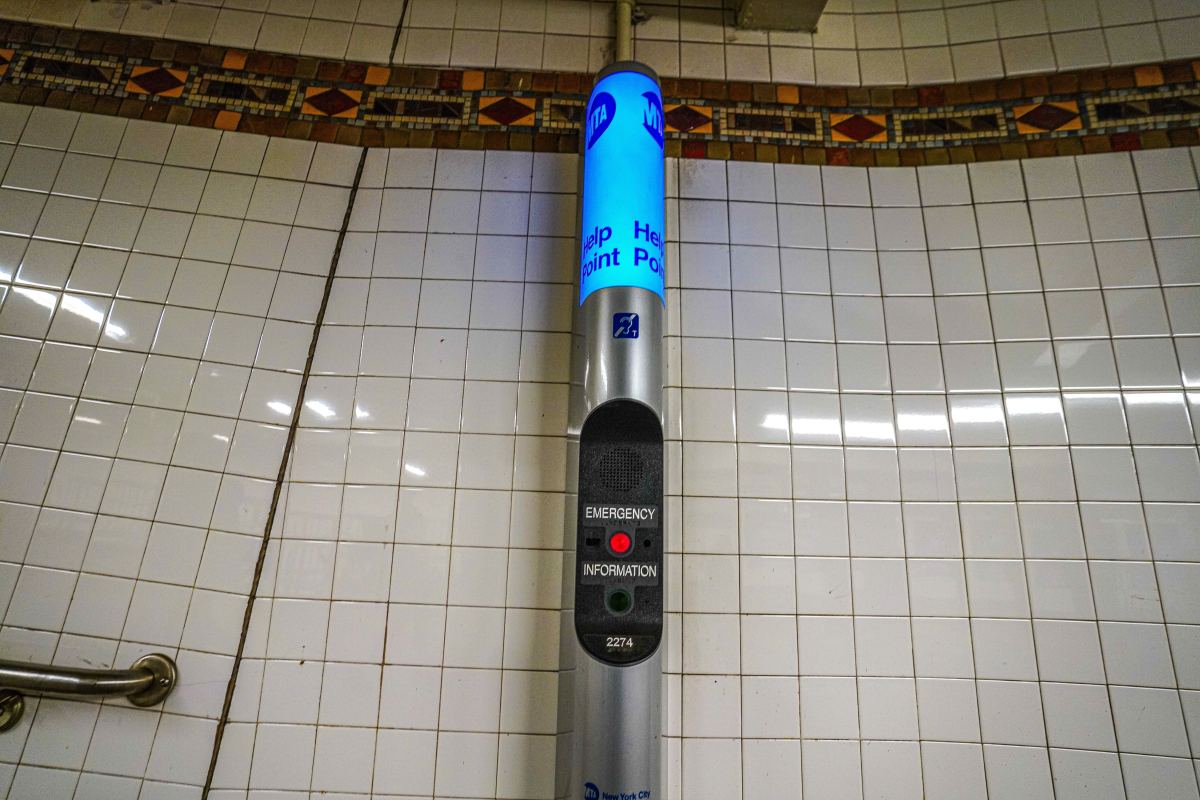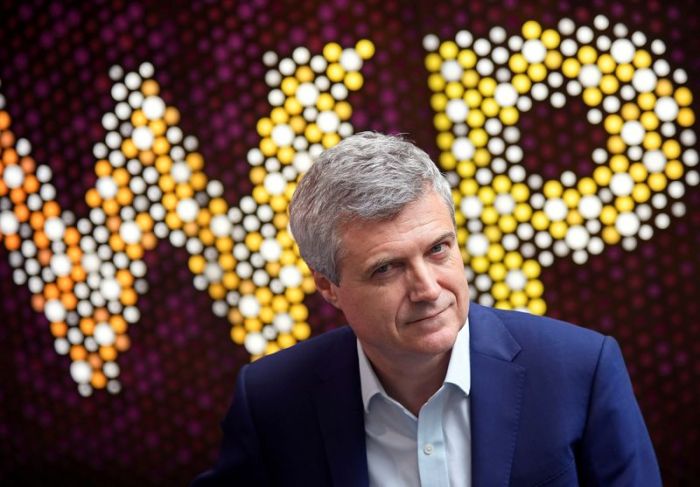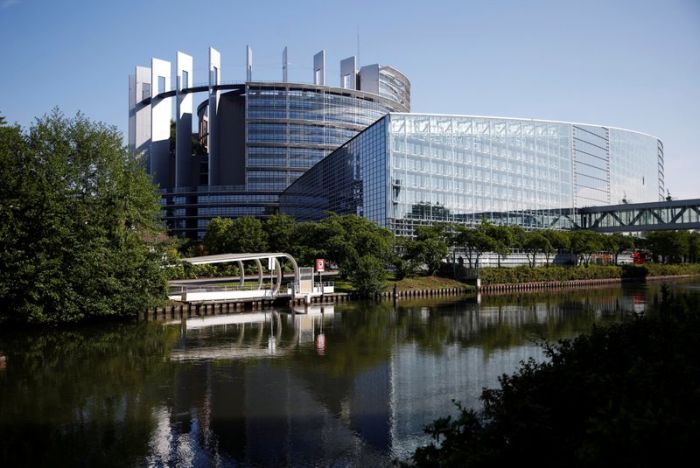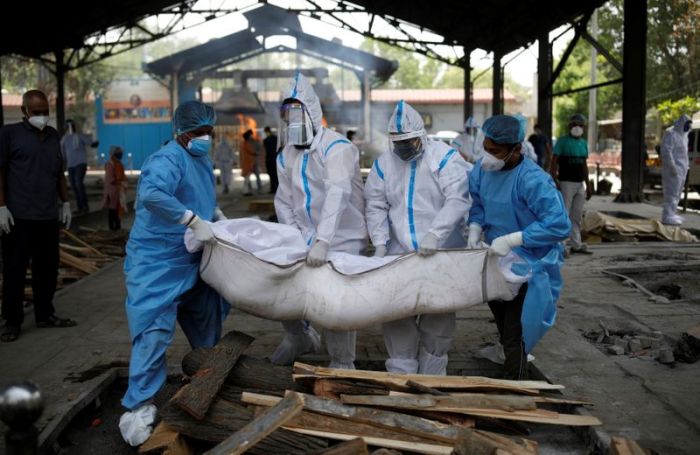(Reuters) -Expecting governments to solve climate change is “an anachronism” and the private sector must be incentivized to be a part of the solution, Achim Steiner, administrator of the U.N. Development Programme, said on Thursday.
“We have choices as no generation before us has had. We have more technology, we have more science, we have more wealth in the world that we can deploy,” Steiner, an environmental expert, said during a virtual Reuters Newsmaker event https://reutersnewsmakerachimsteiner.splashthat.com/undp to mark Earth Day.
“This is the irony: Here we are, the wealthiest, most informed generation in human history,” he said, “and we are sitting on a branch and we are cutting, and cutting, and cutting, because we think the next branch of timber is going to make us richer.”
He said developing countries have no “right to pollute” as they grow economically, but that developed countries, which are responsible for more of the problem, “have a responsibility to lead” and create equitable solutions.
“Climate change is a global phenomenon, but the way it plays out and the choices countries have to make are very different,” he said during the interview with Reuters Editor-at-Large Axel Threlfall and Reuters Climate Change Editor Katy Daigle.
Steiner described fossil fuel subsidies as a “perverse incentive” and called for investments in economic transformation to sustainable economies “where we don’t treat the planet like a mining operation.”
These investments should be seen as drivers of economic progress and success, he said, and key to reaching climate targets.
“We need to get out of this mindset that this is taking someone’s money and giving it to someone else,” Steiner said. “This is co-investment.”
While the COVID-19 pandemic has been a “short-term disaster,” Steiner called it an opportunity to refocus on what is essential. The pandemic exposed outdated aspects of the economy, he said, such as patent protections that have led to vaccine disparities between different countries, and called for a rethinking of these tools.
“If we don’t progress with different paradigms we will tear each other apart,” he said.
Since 2017, Steiner has led the U.N. Development Programme (UNDP), which works in around 170 countries to eradicate poverty, reduce inequality and encourage sustainable practices. He was confirmed to a second four-year term on Wednesday.
During the pandemic, the organization sounded the alarm that rising unemployment, school closures and health risks are taking the largest toll on the poorest and most vulnerable populations. It also urged developing nations to explore universal basic income to reduce the pandemic’s worst effects.
In December, the organization urged stronger action https://www.reuters.com/article/global-development-climatechange-idUSKBN28P0DU on the environment in its annual development report http://hdr.undp.org/en/2020-report and added new climate change-related measures to its index.
During Thursday’s event, he called the report “an unapologetic signal to the world that the way we measure development in the future has to evolve.”
(Reporting by Andrea Januta in New York; Editing by Lisa Shumaker and Howard Goller)

